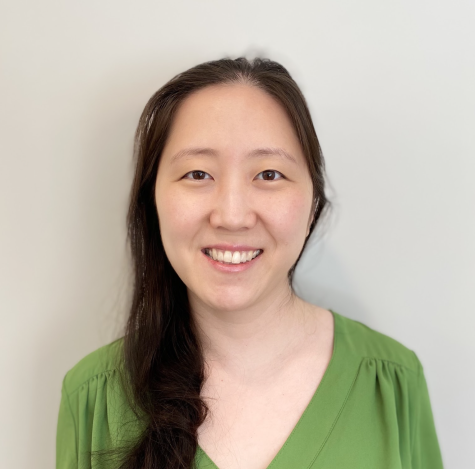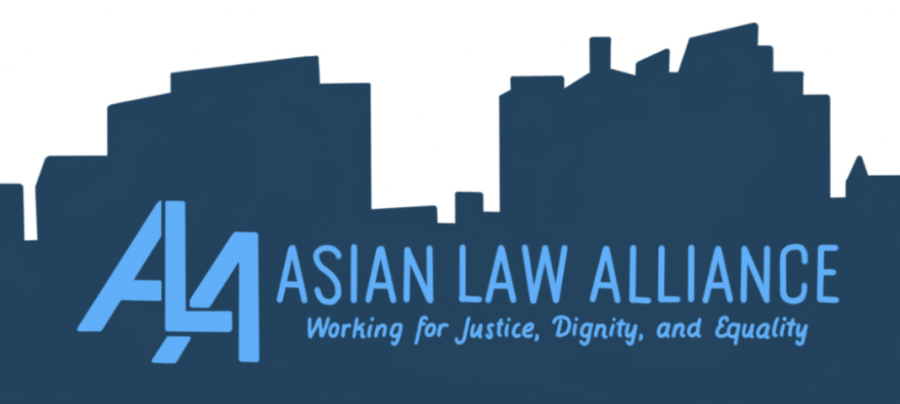Expanding the alliance
Asian Law Alliance advocates justice for the AAPI community through legal services and more
The Asian Law Alliance looks to the future as a continuation of their development and is looking for volunteers to help their cause.
“We’re looking for youth leaders to participate in meetings, discussions, and in listening sessions to become their own facilitators to become advocates, within their own schools, or youth groups,” Hwang said. “We are in the process of really looking for young people to volunteer with us in different capacities, to ultimately become leaders and to become really their own advocates.”
In 1977, attorneys Brad Yamauchi and Don Tamaki as well as a group of law school graduates chose to leave behind the lucrative career of working at a law firm. Instead, they founded the Asian Law Alliance with the goal of creating a more just and equitable society. Today the organization still stands, but with an even stronger mission.
“I wanted to do more than just the legal work,” Supervising Attorney Dorothy Hwang said. “I wanted to not just solve problems that had already occurred, I want to get to the root of it and prevent things from happening in the first place.”
The Asian Law Alliance is a non-profit organization that strives to provide low-income populations and Asian American Pacific Islander communities in Silicon Valley with equal access to the justice system.
“There aren’t enough of us [the Asian Law Alliance staff] to really meet the need to bridge that gap [between the AAPI community and the accessibility to legal assistance],” Hwang said. “The need and the struggles are so, so vast that we are constantly in this uphill battle to help and support the community.”
Near February 2021, the news flooded with headlines of AAPI hate crimes occurring across the United States. According to Open Society Foundations, AAPI ethnicities became targets of verbal harassment and physical assault in schools, public areas, their own businesses, and elsewhere, escalating hate crime rates to a total of 3,800 reported hate crimes from that year.
“When we started seeing the spike with the anti-Asian sentiment … we prepared ourselves for a lot of calls from the community about incidents of people being attacked and being afraid,” Hwang said. “We actually didn’t [receive many more calls].”
Surprisingly, Hwang and the ALA were able to identify the issue relatively quickly from the pattern they’ve noticed of unreported microaggressions that have taken place from anti-Asian hate. The people of those communities learned to accept it as their reality and simply find ways to cope.
“I think it [the lack of calls] makes sense in retrospect because there’s an education issue,” Hwang said. “People don’t always know how to recognize a hate crime incident, especially if it’s anti-Asian related because it’s become so normalized to brush it off.”
Expanding its legal services and advocacy for hate incident victims, the Asian Law Alliance now focuses on also serving as an educational resource. Educating hate incident victims to not deny that they are in fact targets encourages them to seek help and support—whether legal or mental health services.

The organization’s services now undertake its own outreach in an effort to educate communities about the significance of pursuing justice.
“The mission today really is about serving anyone and everyone who needs help because we really do feel that if one individual is suffering, then we’re not where we need to be,” Hwang said.
Their services are open to people of various races and languages.
And although the organization’s initial offerings and intended audience have shifted over time, these adjustments have only enhanced the organization’s fundamental objective of establishing a more equal society.
“We really truly are about the empowerment and support for any and all underrepresented and historically excluded populations,” Hwang said.
